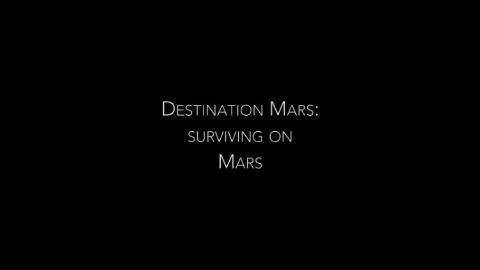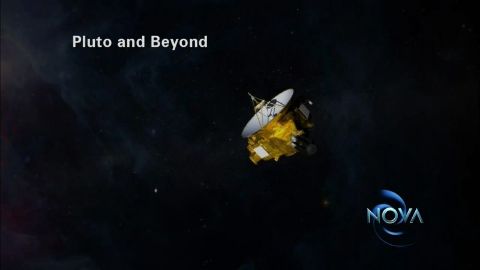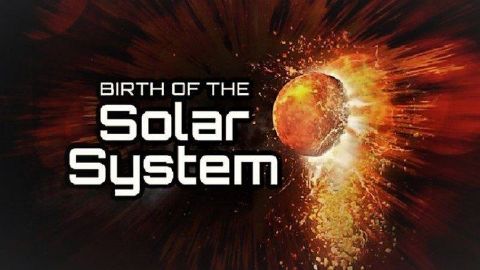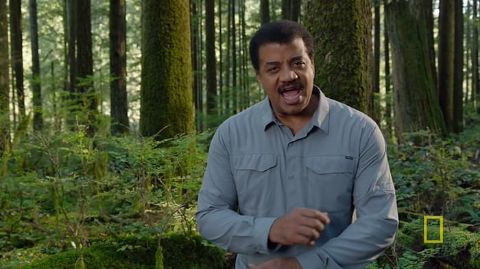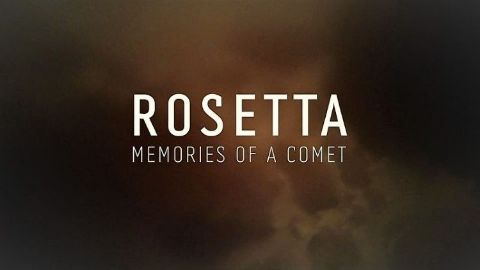Luminous • 2022
Luminous tells the story of the first astronomer in history to publicly predict the near-future explosion of a star--will he be right? Others in the astronomical community are skeptical, and professional reputations hang in the balance. In production for five years, Luminous follows Larry Molnar's journey to test an unprecedented prediction, knowing that its success or failure will unfold squarely in the international spotlight.
Make a donation
Buy a brother a hot coffee? Or a cold beer?
Hope you're finding these documentaries fascinating and eye-opening. It's just me, working hard behind the scenes to bring you this enriching content.
Running and maintaining a website like this takes time and resources. That's why I'm reaching out to you. If you appreciate what I do and would like to support my efforts, would you consider "buying me a coffee"?
Donation addresses
BTC: bc1q8ldskxh4x9qnddhcrgcun8rtvddeldm2a07r2v
ETH: 0x5CCAAA1afc5c5D814129d99277dDb5A979672116
With your donation through , you can show your appreciation and help me keep this project going. Every contribution, no matter how small, makes a significant impact. It goes directly towards covering server costs.
